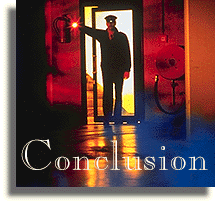
Here's the paragraph we wrote in class:
Thesis: During wartime, social norms and rules are abandoned and replaced by practical and physical needs.
In the environment of war, social rules are easily abandoned. One social rule which is abandoned is respect for authority. Before the war, Paul and his friends respect Kantorek enough to join the army at his encouragement. However, when talking about people like Kantorek and their responsibility for the deaths of young recruits, he says, ‘[T]hat is the very root of their moral bankruptcy’ (9). In the environment of war, the idea that a headmaster ought to be respected merely because of his age and social position is easily discarded; the soldiers’ experiences have shown him to be wrong, and so the respect is unnecessary. Additionally, respect for human life is abandoned in war. In chapter nine, Paul finds himself in the shellhole with the French soldier he has killed, and he feels deep sympathy and guilt for his death, feelings we find consistent with social norms. However, as Paul returns to his own line, he finds that sympathy ridiculous, and his fellow soldiers agree. ‘What else could you do? That’s why you’re out here,’ they tell him (161). The requirements of the war environment make the normal sympathy in the face of the loss of human life wasteful and unnecessary. As Kat encourages Paul to watch the celebrating snipers, Paul finds it easy to abandon the social norm of respecting human life.







